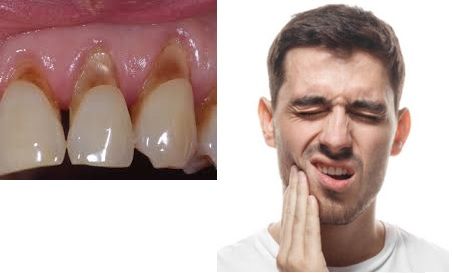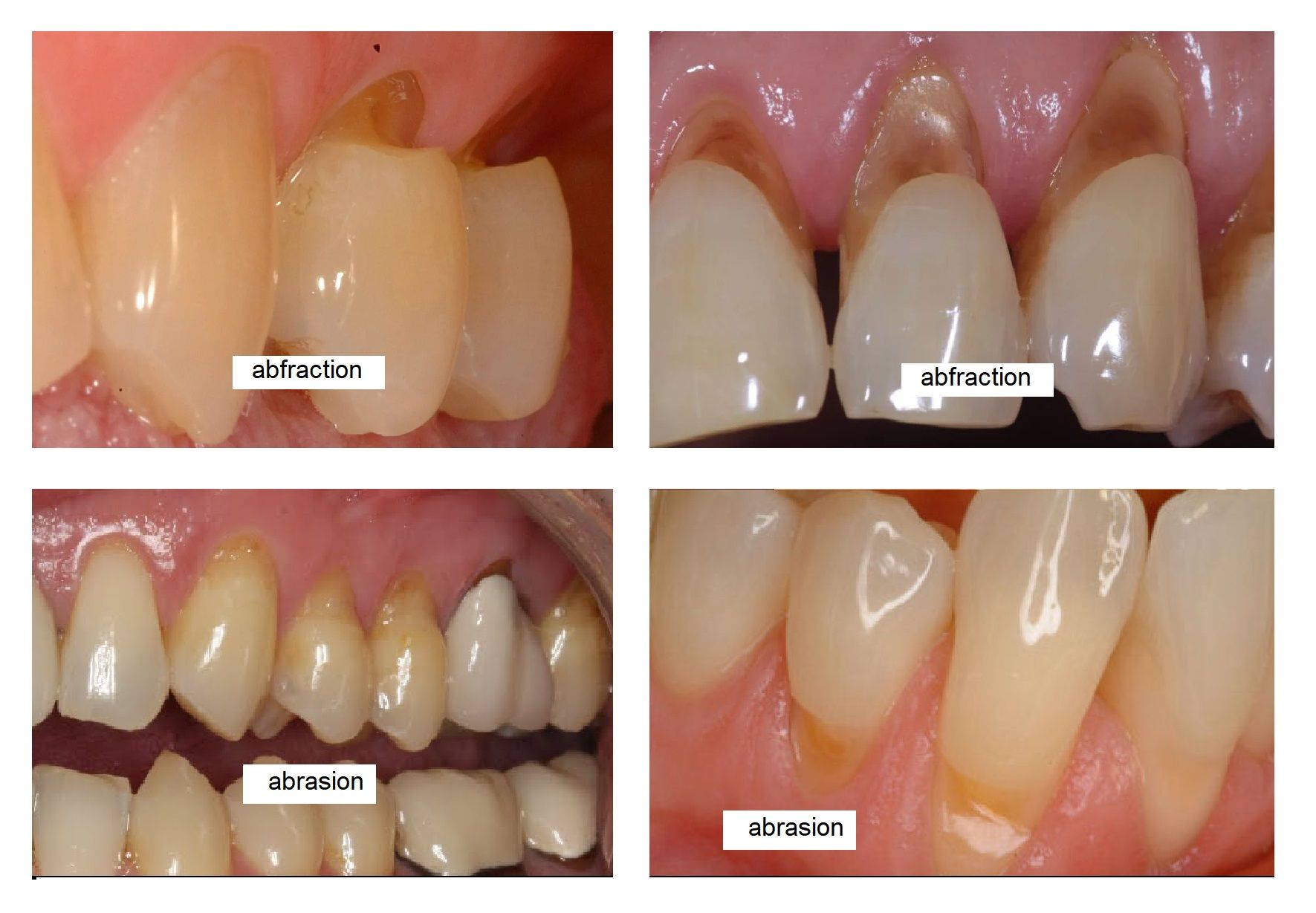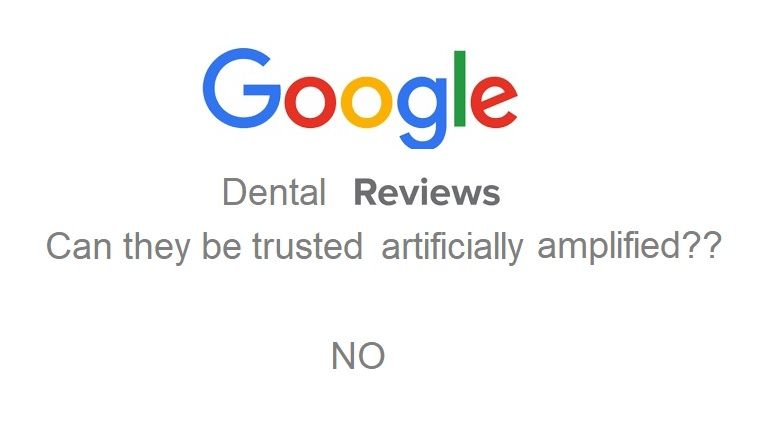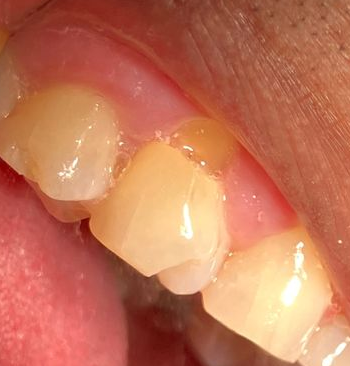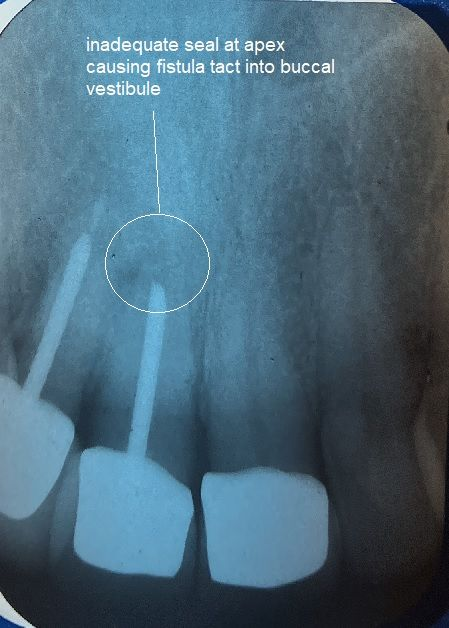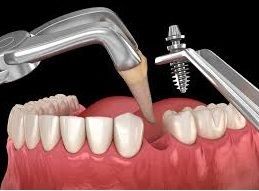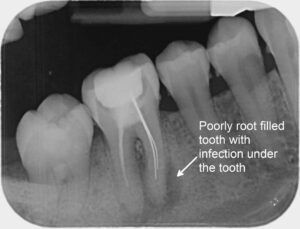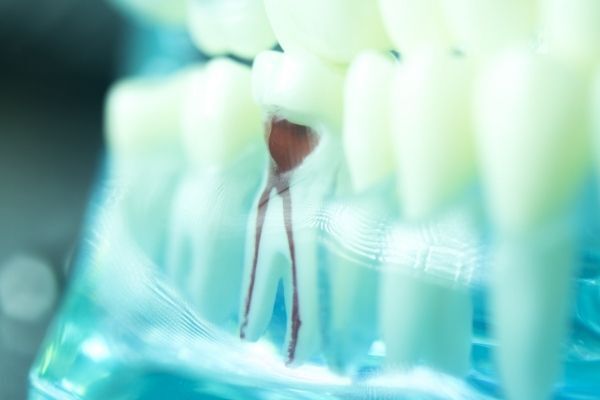
If your dentist or endodontist recommends you undergo a root canal procedure to treat a damaged or diseased tooth, there’s no reason to worry. A root canal can relieve pain and restore your teeth to a happy, healthy state. Let’s learn the basics of what a root canal is so that you can head into the procedure feeling confident.
What Is a Root Canal?
A root canal, also known as endodontic treatment, is a serious procedure, but dentists and endodontists deal with it every day. To understand what a root canal is, you’ll need to know something about the tooth’s anatomy. Inside the tooth, beneath the white enamel and a hard layer called the dentin, is a softer tissue known as the pulp. The pulp contains blood vessels, nerves, and connective tissues, and it creates the surrounding hard tissues of the tooth during development. The pulp extends from the crown of the tooth to the roots, where it connects to the root’s surrounding tissues. The pulp is vital when your teeth are growing and developing, but mature teeth can survive without it. Occasionally, the pulp can develop inflammation and infections that result from deep decay, repeated dental procedures, or a crack or chip on the tooth. Without treatment, inflammation or infection can lead to pain or an abscess.
How Do I Know If I Need a Root Canal?
There are a few telltale signs you might require a root canal. Watch out for:
- Severe pain when chewing or biting
- Pimples on the gums
- A chipped or cracked tooth
- Lingering sensitivity to hot or cold
- Swollen or tender gums
- Deep decay or darkening of the gums
If you suspect you need a root canal, be sure to discuss your concerns with your dentist or endodontist. They can inspect your tooth, determine the cause of your symptoms, and recommend the appropriate treatment.
How Does Endodontic Treatment Save the Tooth?
Now that you understand the basics of what a root canal is and when you need one, let’s learn more about the procedure. A root canal is relatively painless and extremely effective; plus, your dental professional will be able to complete the process in just one or two appointments. During the procedure, the dentist or endodontist will remove the inflamed or infected pump. Then, they’ll carefully clean, shape, and fill the inside of the root canal. Afterward, you’ll return to receive a crown or another type of restoration. Once this step is complete, your tooth will continue to function like any other tooth. Getting a root canal should eliminate most, if not all, of the unpleasant symptoms associated with infected or inflamed pulp. The procedure comes with multiple benefits, including:
- Efficient chewing
- Normal biting sensation
- Natural tooth appearance
- Protection against excessive wear or strain
If you’re looking for a skilled, reliable dentist to perform your root canals in Riverview, Florida, Dr. Castellano can help. We’ll restore your teeth so that you can walk out of our office happy, healthy, and with a winning smile.

